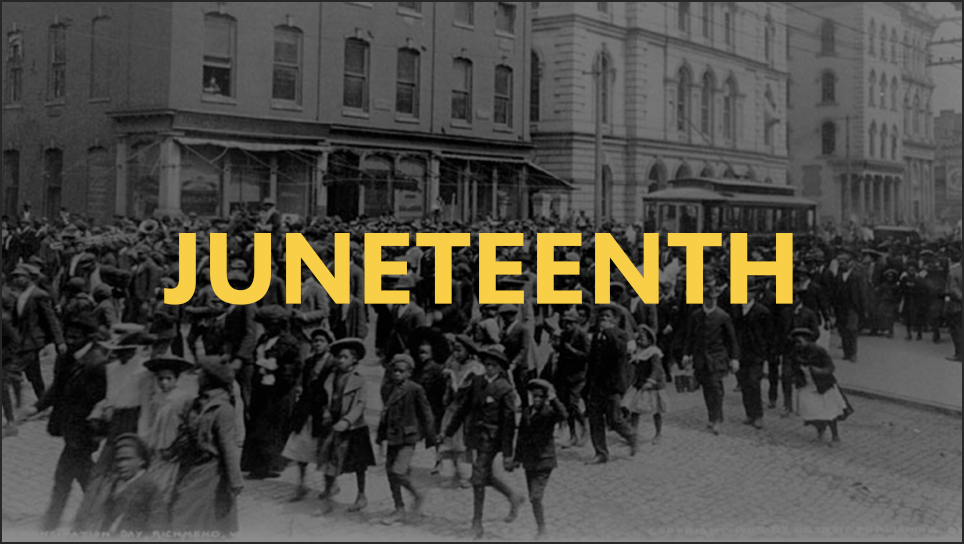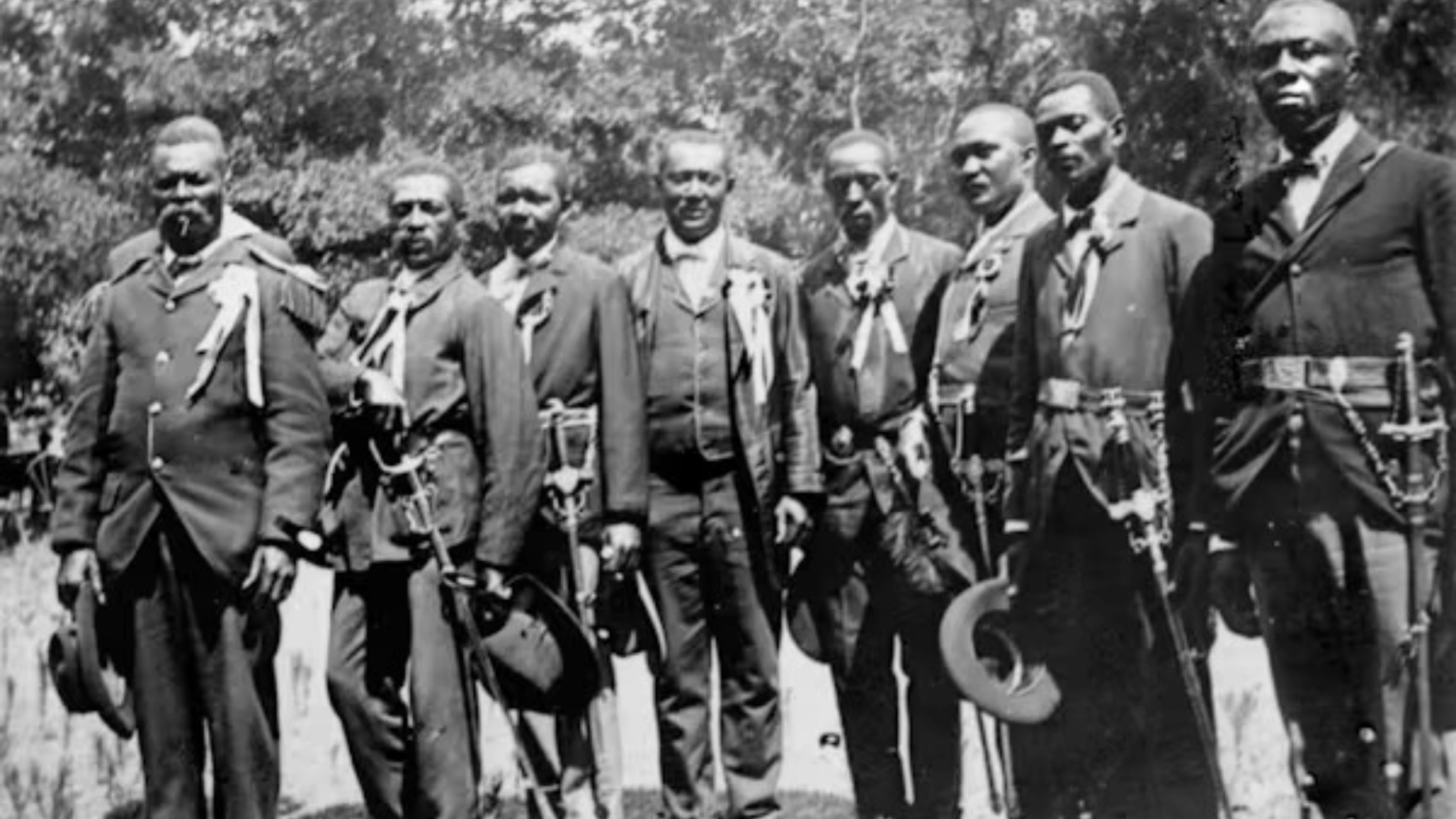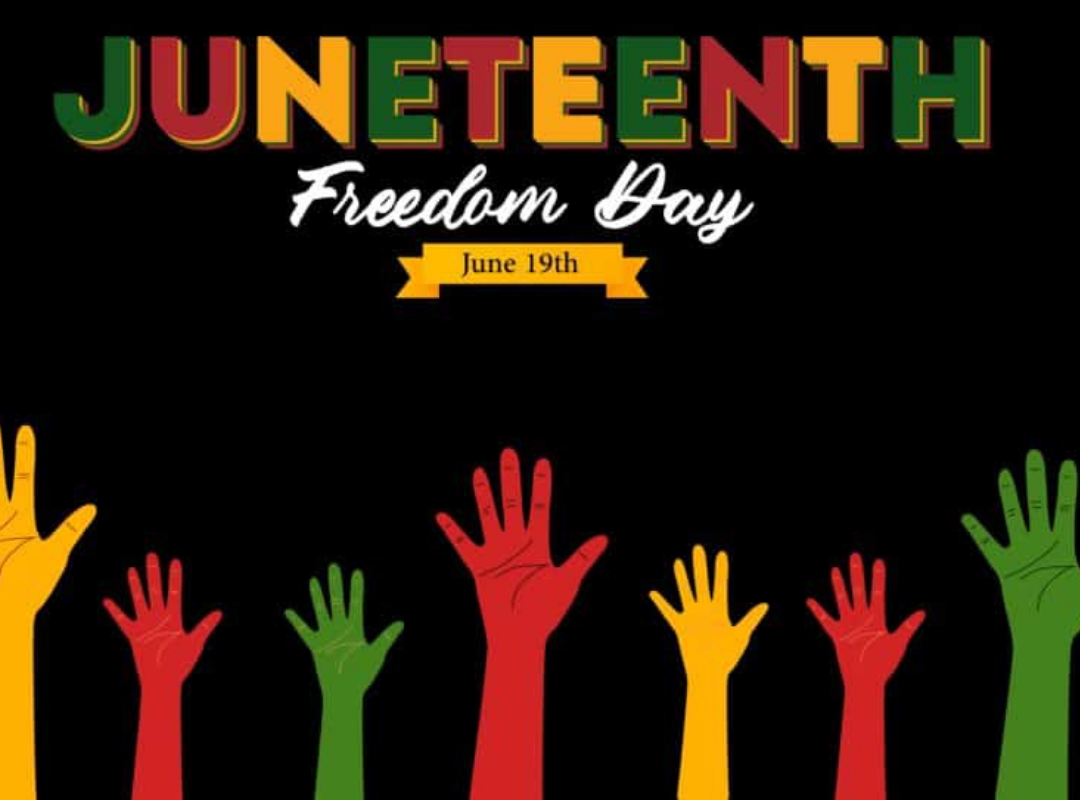Juneteenth: Justice, Liberation and Salvation
Juneteenth Confronts Ongoing Injustice as we are challenged to ask: What kind of freedom do we have today? Is it full and equal? Or still deferred for many?
Juneteenth calls Christians especially to confront systems of oppression and to proclaim, like Jesus in Luke 4, freedom for the captive and justice for the oppressed.
Juneteenth is a concrete expression of God’s saving work now, not just in eternity.
It echoes the Exodus story and Jesus’ liberation ministry — salvation as freedom in the present from bondage, fear, and systems that dehumanize
Reflection
From Bondage to Blessing: The Good News of Deliverance
After a period of intense spiritual preparation, Jesus emerges to declare the very essence of His mission. His profound declaration, echoing the ancient prophetic hopes, speaks to a divine yearning to undo oppression and establish a just order where the marginalized are uplifted. Just as this sacred text articulates a pivotal moment of spiritual liberation, Juneteenth marks a watershed moment in American history—the delayed but triumphant proclamation of freedom to the last enslaved people in Texas. This historic day, though arriving years after the Emancipation Proclamation, stands as a powerful, tangible testament to the persistent pursuit of justice and the joyous, if
Facts About Juneteenth
How did early Juneteenth celebrations reflect the initial joy and defiance of newly emancipated people?
Early Juneteenth celebrations in Texas were often spontaneous, joyful gatherings centered around family reunions, picnics, and readings of the Emancipation Proclamation. These events, often held in defiance of prevailing racial discrimination, embodied the profound relief and pride of newfound freedom. They were expressions of community resilience and the establishment of independent cultural spaces.
How has the celebration of Juneteenth evolved throughout history, particularly in relation to its themes of justice and liberation?
Over time, Juneteenth celebrations have transformed from local Texas observances into a national recognition of freedom and ongoing struggle. During the Civil Rights era, events often incorporated political activism and demands for equal rights, linking historical freedom to contemporary justice issues. Today, as a federal holiday, Juneteenth emphasizes education about systemic injustice, advocacy for racial equity, and the broader celebration of Black culture and resilience.
How does Juneteenth connect to the concepts of justice, liberation, and salvation today?
Juneteenth serves as a powerful reminder that true freedom and equality are still deferred for many. It calls Christians to confront ongoing systems of oppression, echoing Jesus’s proclamation in Luke 4 of freedom for the captive and justice for the oppressed. It represents God’s saving work in the present, offering liberation from bondage, fear, and dehumanizing systems, similar to the Exodus story and Jesus’s ministry.
What is the significance of the "Good News of Deliverance" in relation to Juneteenth?
The “Good News of Deliverance” refers to Jesus’s mission to undo oppression and establish justice, as articulated in Luke 4:18-19. Juneteenth, though a delayed proclamation of freedom, mirrors this divine yearning for liberation. It stands as a tangible testament to the persistent pursuit of justice and the joyful realization of freedom from physical bondage, drawing a parallel to the redemptive work Christ initiated and called us to continue.




